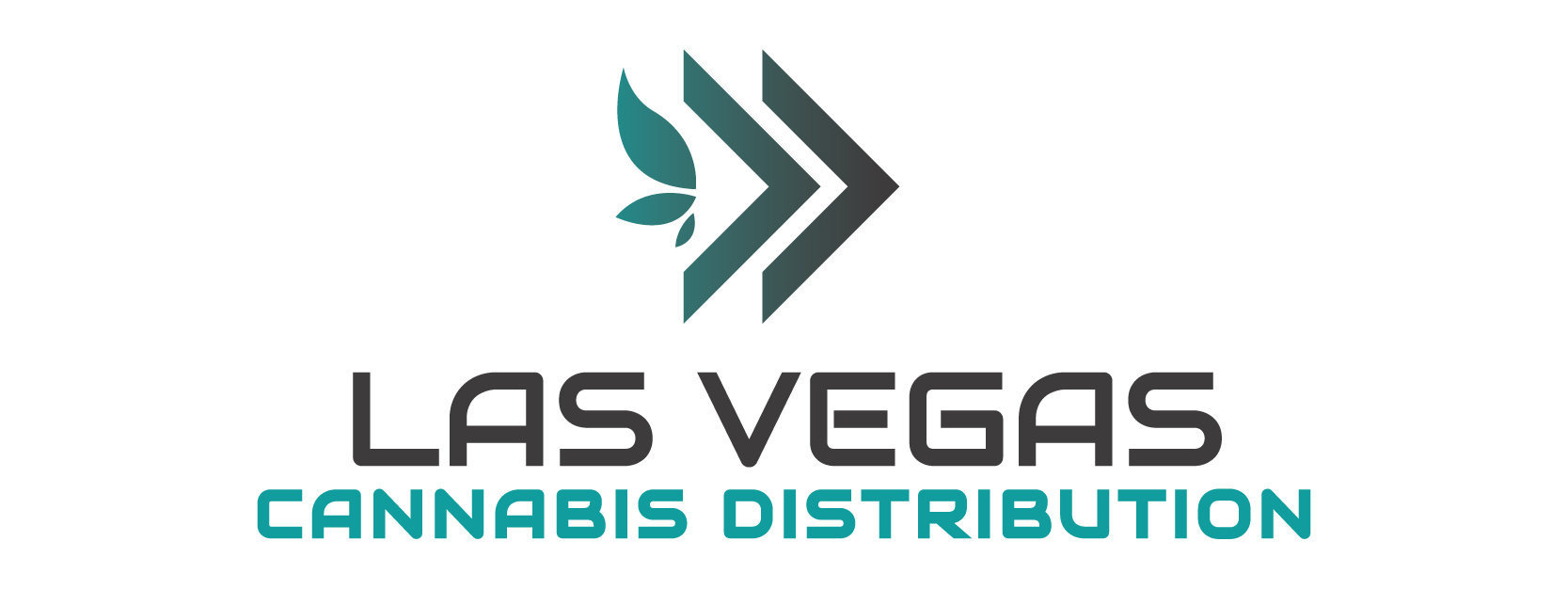Las Vegas cannabis distributors remain a legally distinct layer in the state’s regulated supply chain, but they are increasingly becoming strategic partners—though not direct competitors—with retail delivery services. Under Nevada law, distributors may not deliver directly to consumers; they can only transport cannabis from licensed cultivation, production, or testing facilities to other cannabis establishments, such as retail dispensaries.
However, once retail dispensaries are stocked, many have expanded into delivery, either independently or via third-party services—allowed by city regulations under Las Vegas Municipal Code 6.95—permitting delivery by retail licensees to customers at residences. This has created opportunities for distribution firms to interface with retail delivery in more complex ways.
Distribution Firms Support Logistics & Warehousing
Licensed distributors like Blackbird have historically focused on supplying dispensaries. Blackbird obtained a liquor-license workaround to serve as Nevada’s first legal adult-use cannabis logistics and delivery company in 2017, emphasizing their role in fulfilling high-volume store demand. Additionally, mergers such as the 2024 partnership referenced by VEGAS INC aim to streamline supply chain gaps between growers, manufacturers, and retailers.
Distributors remain specialists in cold-chain logistics, METRC compliance, and secure transport. Nevada’s regulations mandate temperature-controlled vehicles, rigorous vehicle security, seed‑to‑sale tracking, lockboxes, and dual-agent crews for loads over $25,000. These capabilities position distributors as ideal handling centers between production and retail operations.
Retailers In-House Delivery, Partnering with Tech
At the retailer end, dispensaries like Pisos and Silver State Relief have leveraged vertically integrated models—managing cultivation, production, and delivery—by obtaining proper licenses and integrating with delivery tech platforms. Meanwhile, software providers such as BLAZE and Flowhub have created POS systems with integrated delivery modules. These systems connect METRC-tracked inventory to real-time driver dispatch, route optimization, payment processing, and order transparency.
Retailers maintain responsibility for final-mile delivery, ensuring age verification, compliance with local delivery rules, and packaging. Their POS-delivery integrations allow retailers to manage inventory-to-door gleamed by METRC and backed by secure logistics partners.
Distributor & Retailer Roles Remain Distinct—but Collaborative
While distributors don’t deliver to consumers, their role is critical: they focus on bulk transport, security, storage, and compliance checklists. Retailers focus on customer-facing delivery, supported by tech platforms that ensure compliance from system through delivery.
Recent trends blur the lines: major distributors are investing in third‑party logistics software to offer “distribution-as-a-service” to retailers, while retailers are hiring experienced logistics staff and contracting distribution partners for nightly restocking.
The Bottom Line for Vegas Logistics Managers
Vegas logistics and transport managers must adapt in this evolving ecosystem:
- Maintain compliance: Vehicles, crew, tracking, and storage must exceed Nevada’s stringent regulatory requirements.
- Leverage retailer-facing delivery software: Integrations like BLAZE Delivery or Flowhub’s modules offer smooth handoffs from warehouse to consumer.
- Foster partnerships: Distributors can grow revenue by providing warehousing, last-mile staging, or route-sharing to retailers.
- Stay agile: As delivery demand fluctuates, logistics platforms and secure transport capabilities become key competitive differentiators.
Read More: Vegas Cannabis Prices: Wholesale Pressures and Business Implications

